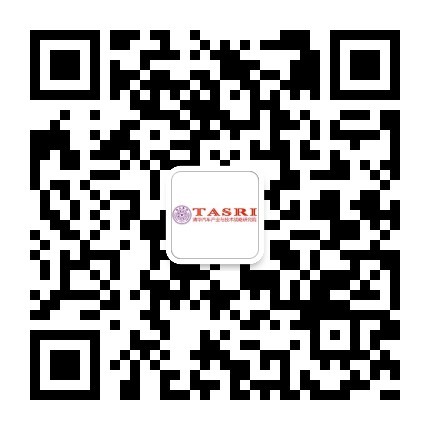| Analysis of the Business Models of the Intelligent and Connected Vehicle Industry |
[会议]ICTLE 2020
[作者]Fuquan Zhao, Hong Tan, Zongwei Liu*
[摘要]Intelligent connected vehicles (ICV) are recognized as a great opportunity with huge social benefits by the global auto industry. Governments of various countries attach great importance to them, and traditional Original Equipment Manufacturer (OEM) and technology companies are also introducing them into consumers' lives by virtue of various business models, thereby generating practical value. The business model plays a decisive role in determining whether a company can share the ICV market cake and its future position in the industry. More importantly, it will also determine how fast the ICVs can become reality from imagination. In this paper, the ICV industry ecosystem was sorted out, the business models of ICVs adopted by mainstream OEMs were analyzed, and five typical business models were summarized, i.e. platform model, self-transformation model, traditional Tier1 dependence model, alliance model, and outsourcing model. On this basis, the SWOT analysis method was adopted to systematically analyze the internal and external advantages and disadvantages of the five business models, and forward insights on enterprises' developing and maintaining the competitive advantages in the ICV industry were proposed from five perspectives of technology, market timing, customer experience, brand, and data. |
| 上一篇:Carbon Emission Reduction Strategy for Energy Users in China 下一篇:A Study of Car Sharing in China Based on Evaluation Index System |




